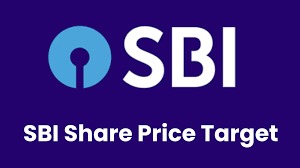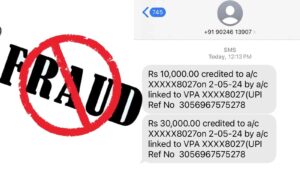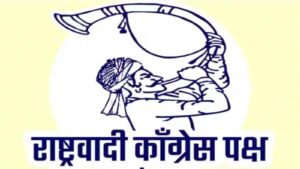Dark Patterns Plague UPI Boom: Subscription Traps and Hidden Charges Rampant

As digital payments via UPI (Unified Payments Interface) continue to proliferate in India, a concerning trend of manipulative tactics, known as “dark patterns,” has emerged within online payment platforms. These tactics, aimed at deceiving users and maximizing profits, have raised alarms among consumers and regulatory authorities alike.
The term “dark patterns” refers to deceptive design practices employed by online platforms to manipulate user behavior. These practices, identified by the Government of India through the Central Consumer Protection Authority (CCPA), encompass various strategies such as false urgency, subscription traps, bait and switch, and hidden charges.
A recent survey conducted by LocalCircles, with over 45,000 responses from users across India, has shed light on the prevalence of dark patterns within the digital payment landscape.
Key findings from the survey include:
1. Hidden Charges: More than half (52%) of respondents reported encountering hidden fees associated with transactions, which were not disclosed upfront but deducted later. Many users complained of being surprised by hidden charges while topping up their wallets.
2. Subscription Traps: A staggering 67% of users faced challenges removing or delinking their bank accounts linked for UPI payments, falling victim to the classic “subscription trap” tactic. Despite safeguards put in place by the RBI, these traps persist, causing inconvenience to users.
3. Bait-and-Switch: Approximately 62% of respondents experienced the “bait-and-switch” tactic, where platforms lure users with cashback offers but fail to deliver on them. This deceptive practice leaves users feeling cheated and undermines trust in online payment platforms.
4. Forced Actions: Despite UPI transactions being intended to be free, 41% of respondents reported encountering the “forced action” approach, where funds in their online wallets were blocked or they were coerced into sharing their contact lists to use wallet payment services.
In light of these findings, there is a pressing need for regulatory intervention to safeguard consumers from the pernicious effects of dark patterns. Regulators such as the Reserve Bank of India (RBI) and the Central Consumer Protection Authority (CCPA) must play a proactive role in ensuring that the digital payment ecosystem remains transparent, fair, and free of deceptive practices.
As India’s digital payment landscape continues to evolve, regulatory oversight becomes indispensable to protect consumers and foster trust in online transactions. By addressing dark patterns and enforcing stringent guidelines, regulators can uphold consumer rights and promote a healthy and ethical digital economy.









